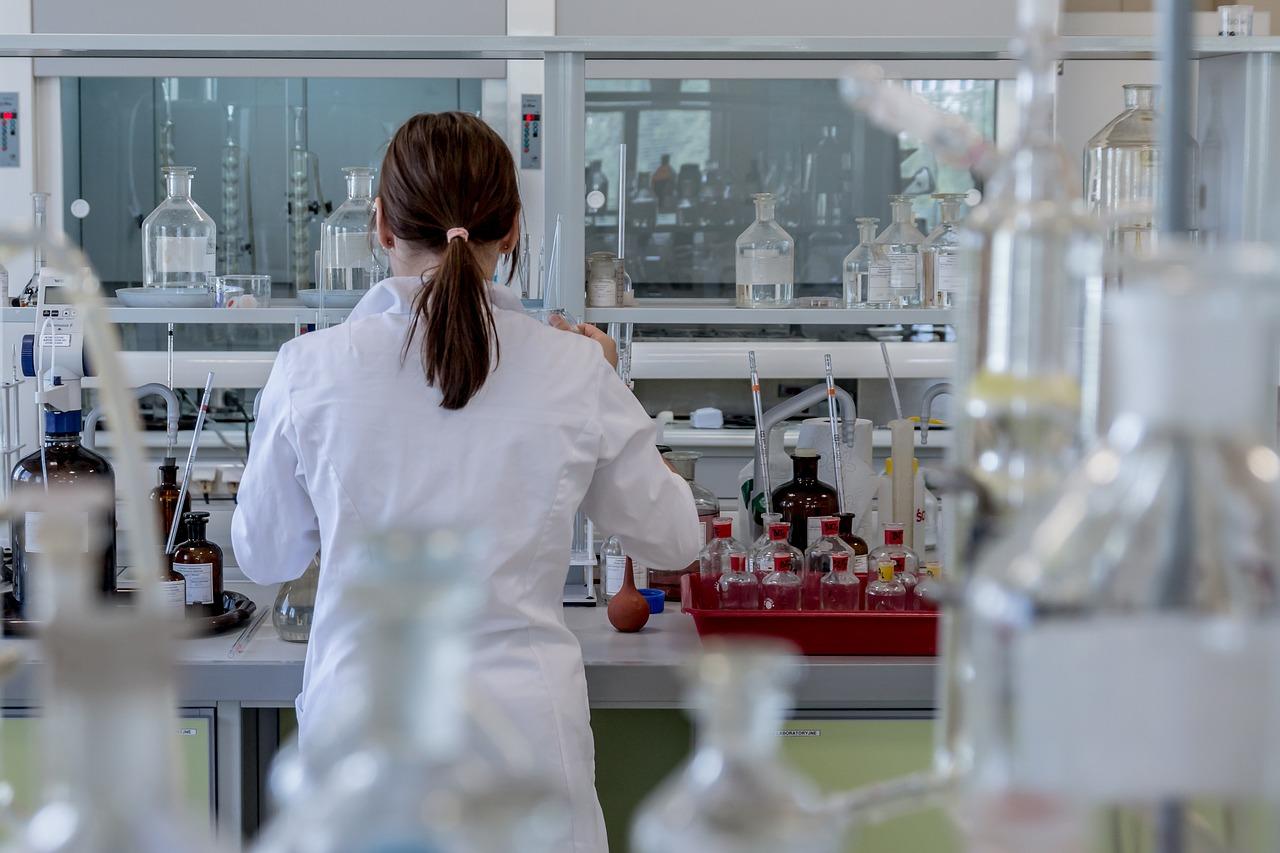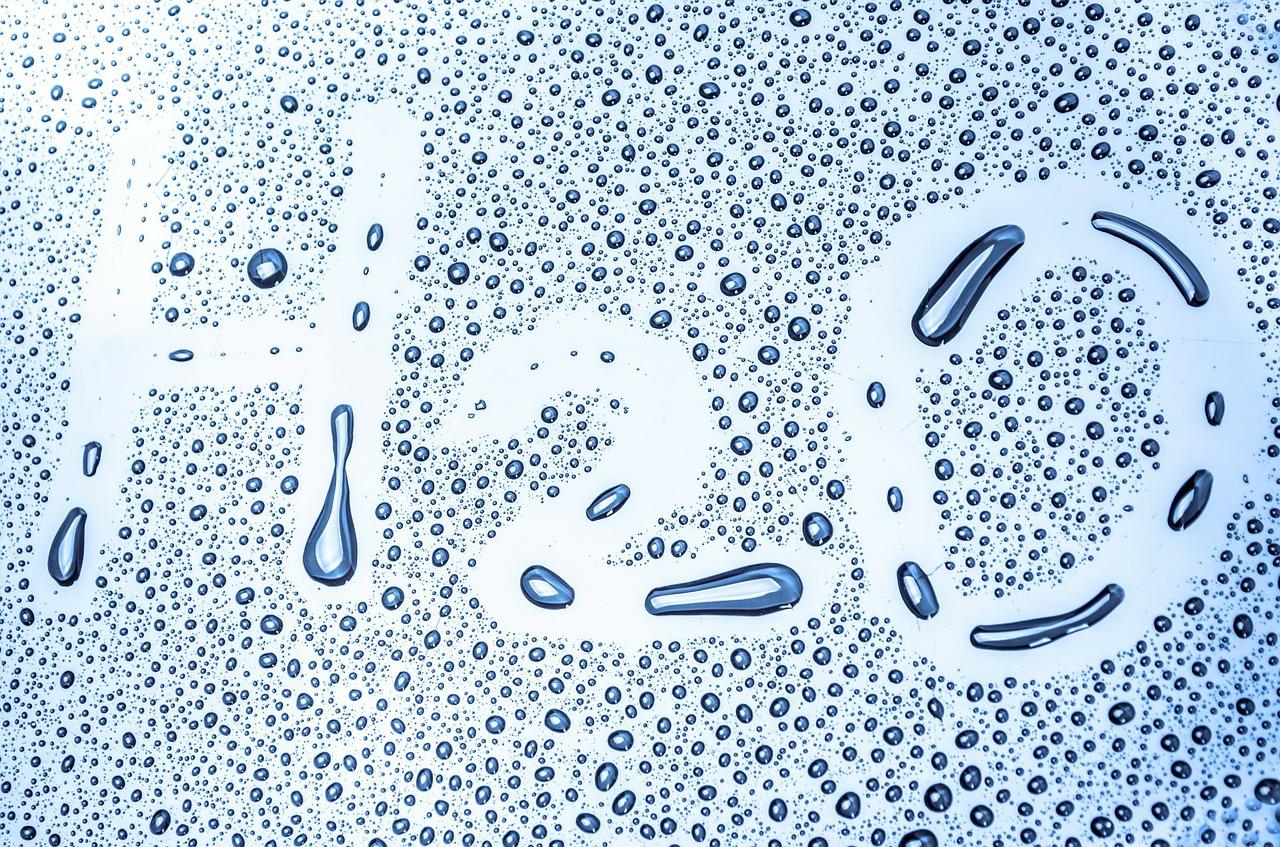There are a variety of different reasons why chemistry is seen as a particularly difficult subject to master.
Whether it’s down to the fact that there are a lot of different chemical compounds and chemical reactions that you should be aware of, or that it can sometimes feel as though there aren’t enough good quality science teachers out there that encourage learning more about chemistry, there’s no denying that chemistry is often considered difficult to learn.
This perception isn’t new either. Even back in 2005, the BBC reported on the findings of a survey that found around “51% of teenagers think science lessons are boring, confusing or difficult.” Clearly, the issue of how to make science more engaging for all children, and most importantly all ability levels, has been around for a number of years.
Thankfully, this issue doesn’t have to hang around for another decade. Although chemistry, along with the other sciences such as physics and biology, is often perceived as a subject that only smart pupils and budding chemists and scientists are good at, the fact is that it is possible to engage children of all ability levels when it comes to learning about chemistry.
This article considers how chemistry can be made more fun for all pupils and children. Even if just a few of these approaches are used, it may well help shift students’ perceptions of chemistry. For example, pupils may learn that:
- You don’t have to be the most academically gifted pupil to do well in chemistry;
- Chemistry can be fun and interesting as a subject; and
- Being interested in a science subject at school doesn’t make someone “geeky” or “nerdy.”
Supporting a Growth Mindset in Your Children
One thing families can do to shift students' perception of chemistry is to support the development of a growth mindset. This is especially important if they feel frustrated in science class or dislike the subject.
What is a growth mindset?
A growth mindset is all about maintaining the belief that you can learn literally anything - and if you haven’t, it is because you aren’t done learning yet. It is easy for kids to say, “I’m not a science or chemistry person.” While such comments can seem harmless, the reality is that they may see science or chemistry learning as a closed door.
You can help your kids develop a growth mindset by reminding them that they are capable of learning anything with the right supports in place. The word “yet” is important when reminding your children of what they are capable of achieving - there is a big difference between not being able to do something, and not being able to do something yet.
Reinforce to your kids that they can and will learn science so they keep an open mind in spite of less than stellar learning experiences! Numerous chemistry tutors are available in Canada. You can find them by simply typing "chemistry tutor Vancouver" or elsewhere into your browser.


Making Science Topics For Kids Interesting
Often, but not always, a pupil of any age may lose interest in a particular subject at school. This lack or reduction in interest may be down to a variety of reasons. For example, perhaps:
- The teacher for the subject isn’t particularly engaging or effective at teaching core aspects of the syllabus;
- The class has too many disruptive students, making it difficult for the rest of the class to concentrate on what the teacher is saying; or
- The way the subject matter is taught in a particular way that pupils might consider boring or bland.
However, children or older pupils don’t have to endure “boring” lessons, regardless of whether those lessons are in chemistry or another subject entirely. For instance, if you find that it’s difficult to learn due to a disruptive class, don’t be afraid to ask your teacher questions about the subject materials after class.
Equally, if you know you have an interest in a particular area of chemistry such as materials chemistry, physical chemistry, or atomic structures, then you could also ask your chemistry tutor Toronto for some suggestions on how you can learn more about those particular areas.
Finally, don’t underestimate the power of technology. In today’s digital era, there are lots of different ways to learn about chemistry, even outside of the classroom.
So if you want to learn more about chemistry, you can easily do so in your spare time, for example by:
- Reading a chemistry book;
- Watching an educational programme about chemistry, physics, or biology; or
- Listening to a podcast such as the Royal Society of Chemistry’s podcasts on the periodic table.
Although the type of resources that you use will depend on your age and existing knowledge of chemistry, it can be reassuring to know there are lots of different ways you can learn more about chemistry, regardless of how old you are.
What's more, you could even make your own chemistry set to help you with any home science experiments. Although having a beaker, a flask, a few test tubes, and maybe even a microscope might help with some science experiments, chances are you can create a relatively simple chemistry set at home and still be able to conduct experiments.
After all, blowing up a balloon and rubbing it against someone's hair or against a wall to see how static electricity works, or looking at how a magnet functions, doesn't require you to have a fully-fledged science laboratory at home!
Even if you don't have a chemistry kit, you can still learn more about chemical processes at home, for example by baking, which involves mixing a lot of ingredients together, which when combined produce various chemical reactions.
See various online chemistry courses here.

Give Children Fun Chemistry Experiments To Try
Sometimes pupils aren’t particularly drawn to the sciences because they’re seen as “dull” subjects, or subjects that require you to memorise long lists of facts.
However, one way to challenge this perception is to try and make science subjects, including chemistry, more fun and engaging, which should pique any pupil's curiosity. This could easily be achieved by introducing chemistry experiments into school lessons.
Using chemistry experiments in classes – whether just by showing pupils basic chemical reactions or doing a larger experiment – can be a great way to bring chemistry to life by highlighting the effects of how elements or compounds react with one another.
Other reasons why basic chemistry experiments are a wonderful teaching tool to use in classes are that:
- It engages students of all ability levels as there's a lot that students can observe;
- Experiments are a very visual way of teaching, which can make a nice break from looking through textbooks and workbooks; and
- Sometimes it’s easier to show students a science experiment through demonstration rather than tell them about it.
Even if you don’t get to see as many experiments at school as you’d like, there’s no reason why you can’t undertake science or chemistry experiments at home (providing, of course, that the experiments and the materials used within the experiments are safe).
There are lots of different resources that you can use to find an experiment, and steps on how to try out common experiments such as the chemical volcano are relatively easy to find through a quick search on a search engine.
Often, such home-made experiments are cheap to buy the ingredients for and aren’t particularly time intensive, even when it comes to measuring out ingredients, making them a great way to learn more about chemistry outside of the classroom.
So whether you fancy making your own slime, want to observe invisible ink in action, or would like to make a volcano and see some bubbles erupt, either using the baking soda and vinegar method or with Diet Coke and Mentos, it's not too hard to get hold of the household ingredients you need to make these fun science experiments come alive.
Just make sure that any science experiment you do conduct is safe, and if necessary you have adequate supervision in place before starting any experiment.


Encouraging Children To Learn About Chemistry Can Be Beneficial
Another reason why there may be a perception that chemistry is a difficult subject to master, and so, therefore, is only a subject worth studying in depth if you are a particularly gifted or intelligent student, is the fact that some students simply aren’t equipped with the basic knowledge needed to do well in subjects related to the sciences.
Often, the main culprit is a lack of understanding in maths. Maths is a fundamental skill that’s needed across almost any science discipline. Whether you need to:
- Use algebra or geometry to solve a formula in physics; or
- Use mathematics to balance a chemical equation during a chemistry class,
There are so many ways that maths can creep into a scientific subject such as chemistry.
As a result, if a pupil isn’t particularly confident in their mathematical abilities, or has struggled in the past with particular areas such as calculus or geometry, then they may not show much desire to take subjects that feature such similar problem areas seriously.
While not every child will be naturally gifted in maths, it’s important to recognise that, regardless of ability level, a pupil could improve their understanding of a subject such as chemistry if their knowledge of maths is improved, even in a small way.
This may mean more exercises and homework to consolidate existing knowledge, or even revisiting areas of maths that may have been forgotten or underused in the past.
Equally, another reason why a pupil may struggle to excel in chemistry is due to the fact that the pupil is not sufficiently comfortable with the basic chemistry principles.
After all, it would be difficult for anyone to be able to get their head around chemical compounds and chemical reactions if they don’t know at least some of the basic elements, such as hydrogen, helium, oxygen, potassium etc.
Get Involved with Science Education in Your Child's School
Science learning experiences can vary widely from school to school. Some schools will have exceptionally strong science educators and resources, while others will be relatively weak with very few resources other than textbooks and videos.
Why does so much discrepancy exist when the curriculum should be relatively similar across provinces?
There are many factors that impact science programming from school to another. Teachers with a chemistry background may be assigned teaching packages that do not reflect their strengths. This can be a waste of expertise, unless the teacher takes it upon themself to create a science-based extracurricular program. Conversely, a teacher that does not have a strong background or interest in science may be assigned a science teaching position. This results in classrooms where students will get enough science learning to meet curriculum expectations.
In other schools, the issue may be that all teachers are expected to teach all subjects, irrespective of their backgrounds. This is typical in elementary schools, where teachers may instruct with a fairly general background. Unfortunately, one effect is that students do not experience learning environments where they can be excited about science.
It is important to ask your school administrator what programs are initiatives are in place at the school to foster a love of science learning. If the instruction is generally weak or inconsistent in science, the school council may decide to emphasize and subsidize field trips and guest speakers in science-related areas.
The main takeaway here is that it is critical to be involved in your child’s learning, and that as a parent, you may find yourself having to supplement or advocate for science instruction in your child’s school.

Take Your Child Out to Experience Chemistry
When students do not feel excited about science learning, they may not consider it in their future pathway planning for postsecondary school or a career goal. They may also struggle in higher year science or chemistry courses, especially if they are missing foundational knowledge in the subject. This is why it is so important to make science and chemistry come alive for your kids.
Another easy way to make chemistry and science relevant in your child's life is to take them out to enjoy and experience science outside of the home and the classroom.
Start by checking to see if your area has a science centre for kids and teens. These are excellent places to explore different science exhibits, participate in "drop-in" experiments, and watch demonstrations. You may even choose to get a membership if you want to go frequently on the weekends for some wholesome family time.
Another great option to learn science is to visit a nature reserve, such as a provincial or natural park. These parks usually have a visitor's centre or even a museum where they will offer learning experiences on the local wildlife and ecosystems. These experiences help to spark your child's natural curiosity in the world around them.
You might even consider bringing your kids to the zoo. Zoos are wonderful places for kids to learn about animals and ask questions about the foods they consume and what their natural habitats are like. While a zoo may not address principles of chemistry explicitly, it will be an experience that will help your kids to think more about biology, another branch of science.
Science centre and nature centre visits are also great activities to look for when you are on holidays. Change up your holiday routine by planning a trip around a city's science or kids discovery centre. These attractions are wonderful places to make memories and learn something new!
Support Your Child's Learning by Hiring a Chemistry Tutor
Even if you're not sure of the difference between an atom and a molecule, or what makes acids different from alkalis, you can try to improve your child's knowledge by reviewing previous chemistry lessons to make sure that you’ve understood all of the materials within each lesson. Then, you can probably help them with their science learning. Or, you can also reach out to a third party for support.
If you know that your child is currently struggling with the basics of chemistry, or having other issues such as the mathematical elements of the subject, then you may want to consider hiring a chemistry tutor. This is important if you do not feel comfortable teaching the subject to your child yourself, or have limited time to provide homework help due to work or family responsibilities.
Superprof is a great site to turn to if you are feeling ready to supplement your child's learning with a tutor. For many years, people often found a tutor by connecting with neighbours or visiting pricey tutoring centres. Thanks to Superprof, you can go straight to the source and explore local options. You will have the opportunity to select from a range of tutors rather than simply being assigned one or using the limited resources you know from social connections.

Superprof has a wide network of science tutors, including chemistry tutors, who would be happy to work alongside your child to fill in any gaps in knowledge they may have on the subject. Whether you’d like to learn:
- How to solve chemical equations;
- How to memorise the periodic table; or
- More about different chemistry experiments and what they can teach you.
Tutors bring a different energy and perspective to science and chemistry learning than regular teachers. They may be students themselves, or people that have studied chemistry and are passionate about it. Your child or teen may also find that individualized instruction helps them to understand the subject better, and feel more confident about writing a test or exam.
A Superprof tutor could point your child in the right direction for them, whether it is learning more about chemistry or getting the grades it takes to apply for a postsecondary program. You can either search for a local tutor by entering your postcode, or you could decide to have online, remote tuition with an experienced chemistry tutor – the choice is yours!
Summarize with AI:















